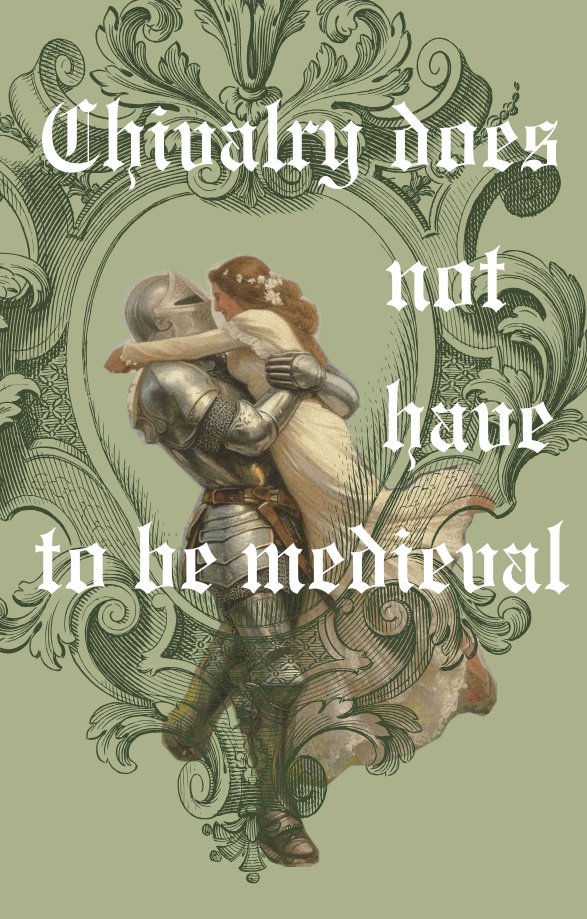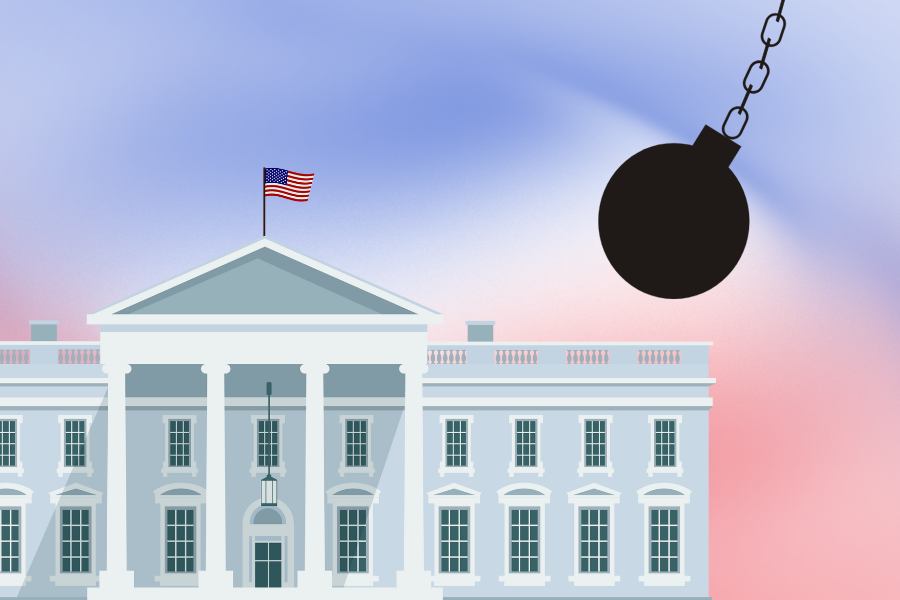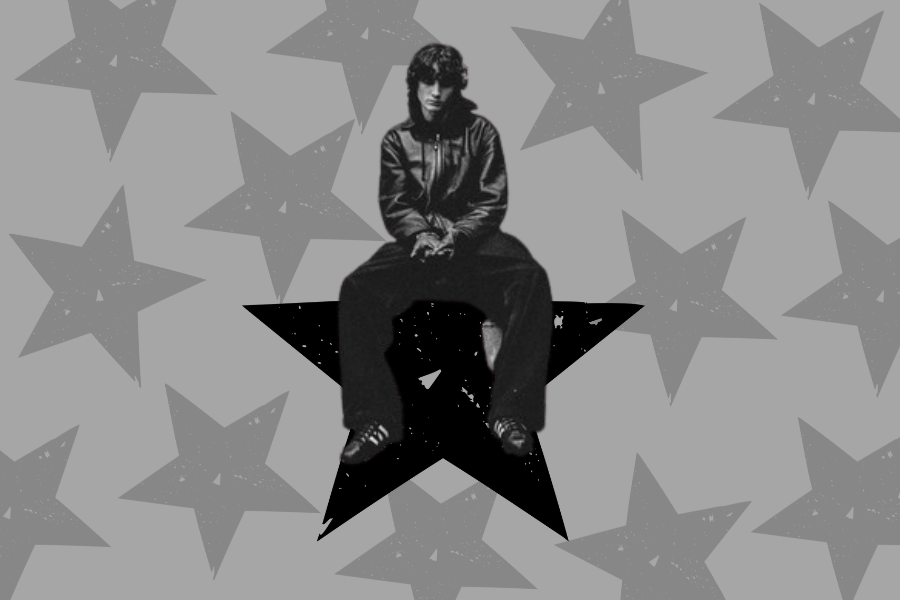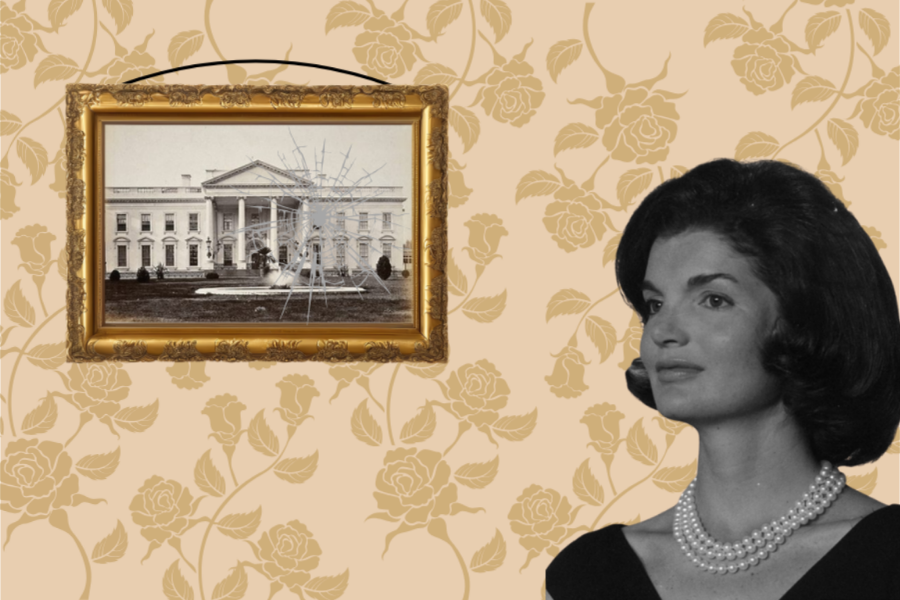Chivalry, as we know it, inherently enforces gender roles that feminism has worked tirelessly to get rid of. How can chivalry be defined in our modern society? It is rooted in medieval traditions, chivalry has evolved to indicate behaviors that show respect, courtesy and genuine kindness.
The word comes from the rise of knights in the Middle Ages. With an abundance of violence during the time, chivalry was an attempt to ground knights’ behavior in order to have a well-balanced military. This historical context explains why chivalrous acts are traditionally only expected of men. However, in our current society, one that puts an emphasis on equality, shouldn’t kindness and respect be expected of everyone, regardless of gender?
While a man holding a door open for a woman, an act that is considered chivalrous, is a harmless and kind gesture in itself, it subtly promotes the outdated idea that women are weaker or dependent on men. Why is it never expected of a woman to hold a door open for a man? If society is serious about deconstructing problematic gender dynamics, then chivalry must evolve into a concept that is balanced and inclusive for all genders.
The concept, as it stands today, has many flaws. With feminism currently being in its fourth wave, many believe that chivalry shouldn’t be about men performing scripted gestures, meaning gestures made out of a feeling of obligation, in an attempt to woo women. This old-fashioned tradition creates a harmful power dynamic between genders.
For instance, the expectation that a man should be the one to propose in a heterosexual relationship is often seen as chivalrous. However, this puts women in a lower power position as they aren’t given the power to propose; they are simply expected to respond. Instead, why can’t either party in a relationship proposed out of genuine desire rather than a man doing so out of a traditional obligation?
What about women who want chivalrous acts from men? It is natural for everyone to seek out the qualities they desire in a partner. If a woman values acts of chivalry from her romantic partner, she should consider how she can reciprocate the same kindness and respect given to her.
Women who endorse the stereotypical form of chivalry, the form only expected of men, may, without knowing, promote benevolent sexism. This means that while they are supporting positive behavior from men on the surface, they are reinforcing hurtful gender roles on a deeper level.
While these acts from men can appear kind, they also further the patriarchal idea that women depend on men. Over time, women can internalize this dependence through this dynamic, which reinforces inequality.
Chivalry evolving does not mean that there can be no kindness, romance or respect in relationships nowadays. It instead challenges the way we traditionally see romantic gestures in relation to romantic partnerships. Rather than expecting courtesy and kindness solely from men and viewing women as recipients, feminism suggests these acts should not be gendered and both partners in a relationship should express kindness and respect if they desire to.
Chivalry is not dead. We have just altered the way it is done in order to have a more inclusive society.









